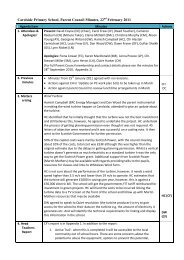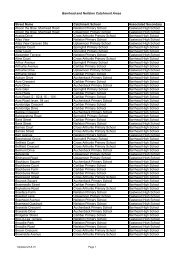Basic Introduction to Community Work - Central
Basic Introduction to Community Work - Central
Basic Introduction to Community Work - Central
You also want an ePaper? Increase the reach of your titles
YUMPU automatically turns print PDFs into web optimized ePapers that Google loves.
Purpose<br />
The key purpose of community work is <strong>to</strong> work with communities<br />
experiencing disadvantage, enabling them collectively <strong>to</strong> identify<br />
needs and rights, clarify objectives, and take action <strong>to</strong> meet them<br />
within a democratic framework which respects the needs and rights of<br />
others.<br />
<strong>Community</strong> work is seen as a process that is both an individual and<br />
collective experience. It is based on a commitment <strong>to</strong> equal<br />
partnership between all those involved <strong>to</strong> enable a sharing of skills,<br />
awareness, knowledge, and experience in order <strong>to</strong> bring about<br />
positive change.<br />
<strong>Community</strong> work takes place in geographical communities (where<br />
you live) and communities of interest (youth, housing, drugs, etc),<br />
basically, whenever people come <strong>to</strong>gether <strong>to</strong> identify what is relevant<br />
<strong>to</strong> them, and act on issues of common concern.<br />
Who does community work?<br />
There are no rules that say community work can only be carried out<br />
by a paid/qualified worker. Any one who is active within their own<br />
community could claim <strong>to</strong> be a community worker; they could be<br />
members of a committee for a church hall, housing association,<br />
community council, tenants association, a community activist, etc.<br />
However, community work is seen as an occupation with its own<br />
guidelines and standards, which were highlighted previously in this<br />
section of the course. The paid community worker is seen as<br />
someone who enables or facilitates individuals, groups, and activities<br />
within a geographical community or a community of interest, such as<br />
lone parents, young people, and black and minority ethnic groups.<br />
What we do look for from specialist, generic, and lay community<br />
workers is that they follow the values and principles of community<br />
work, and that the National Occupational Standards in <strong>Community</strong><br />
Development <strong>Work</strong> are used whenever, community development<br />
work is practiced and organised and by people engaged in other<br />
30


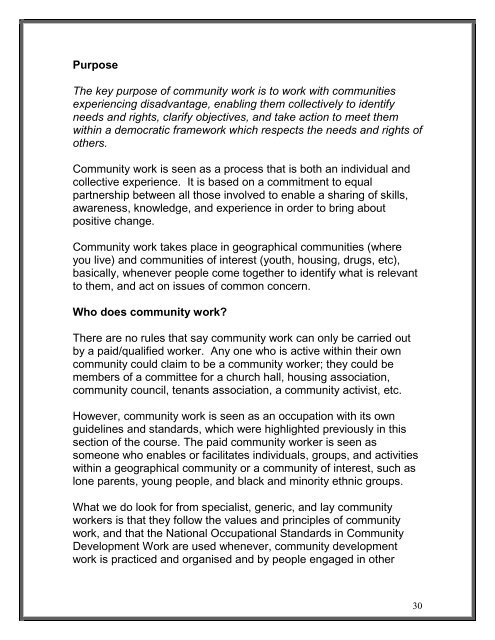


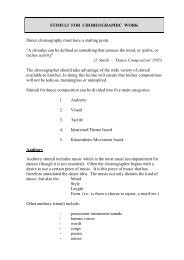
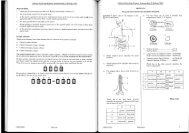
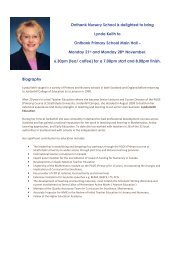
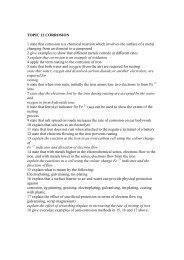
![Eastwood_Area_Catchment_updated_16-5-11[1]](https://img.yumpu.com/17146012/1/184x260/eastwood-area-catchment-updated-16-5-111.jpg?quality=85)

